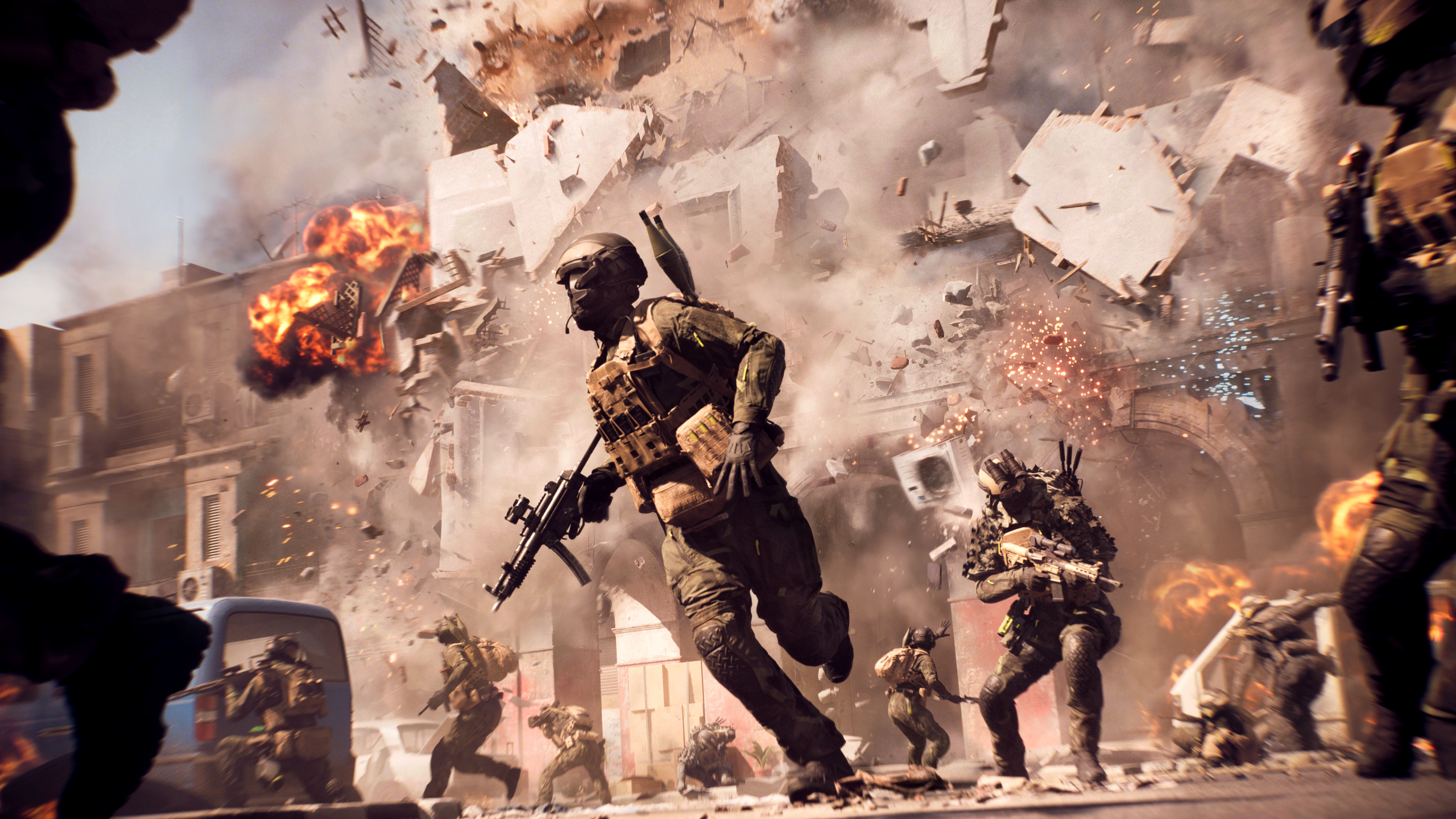
Battlefield boss calls EA the D-Word – What it means
A surprising moment shook the gaming world recently: the top executive behind the Battlefield franchise publicly referred to EA using a “d-word.” That’s not something you hear every day in the video game industry — and it raises deeper questions about internal dynamics, creative control, and what this could mean for players.
The incident in brief
During an internal meeting that later leaked publicly, Battlefield’s boss reportedly called EA a “d-word.” The leak made headlines, amplified by social media and gaming press. The comment has sparked backlash, speculation, and concern about what this reveals behind closed doors.
It wasn’t just a rogue slip: observers are suggesting it signals real tension between Battlefield’s leadership and EA management. Whether it was frustration, defiance, or something more strategic — it’s now public.
Why this could be more than a slip
For many, this is not just workplace drama. It hints at deeper issues:
- Creative Control & Autonomy: Is the Battlefield team being micromanaged? Friction often arises when high-level creators feel constrained by higher up corporate oversight.
- Talent Retention & Morale: Public criticism of leadership from within can demoralize teams or prompt departures. If leading voices speak openly, others may follow.
- Public Image Risk: For EA, letting a senior developer lash out publicly is a PR nightmare. It could hurt trust among fans and partners.
What it means for players & fans
You might ask: why should I, as a gamer, care? Well, such tensions can ripple into products you use:
-
- If development teams feel suffocated, innovation may suffer. You could see fewer bold mechanics, safer choices, or delays.
What happens next?
EA will likely have to respond. Damage control is coming: internal investigations, statements, perhaps discipline or public apologies. But the core issue — lack of alignment, trust, or communication — may remain unresolved unless they act on it.
Battlefield’s leadership may also face a choice: pull back public jabs or double down. If they lean into this tension, fans could see a shift in how EA publishes, markets, or even governs its studios.
Bottom line
Yes, a senior manager calling EA a “d-word” is sensational. But beyond the shock value, this event likely uncovers a structural rift. Creative ambition, management oversight, and corporate identity might be at odds. The question now is: will EA bridge that gap — or let it widen?
For us, the important takeaway is to watch what comes next: the internal response, how the narrative is framed, and whether game development culture at EA will change — or stay the same.

Forum Discussion
If you are not registered yet, you can do so using this form.
The discussion is also available here, on the forum.